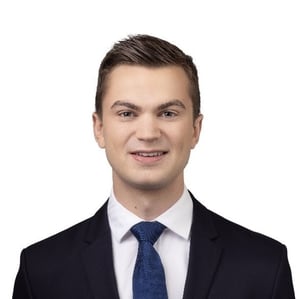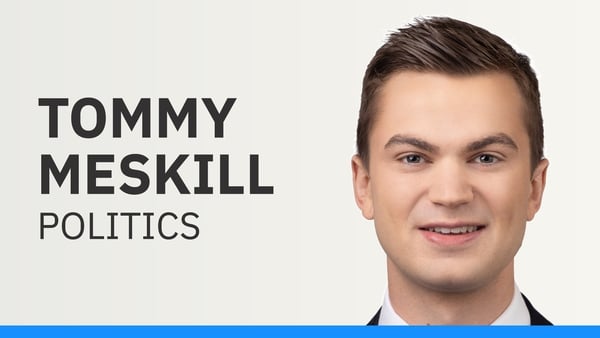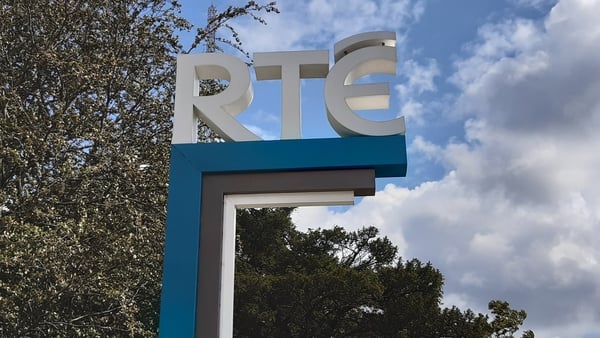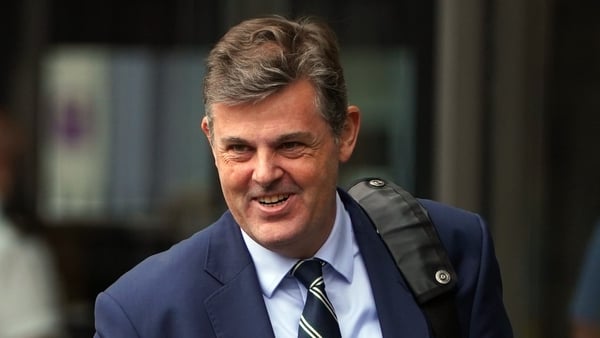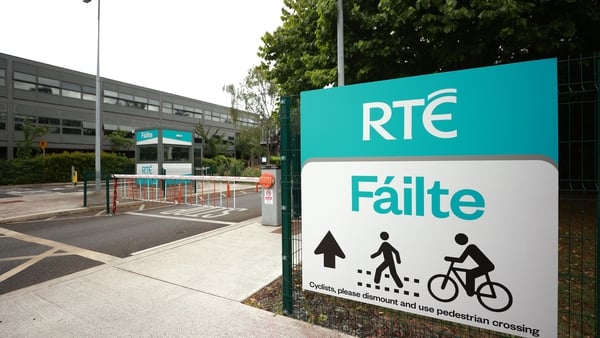Ask politicians what the mood is in their party ahead of an Ard Fheis, the word you'll hear back from many is "upbeat".
One party however that probably has most reason to be upbeat ahead of their Ard Fheis this weekend is Sinn Féin.
Opinion polls continue to indicate that the party is outperforming all others, often receiving poll numbers ranging from the low to mid thirties.
Recent elections in the North have also proved successful, as it emerged as the largest party in both Stormont and at local government level.
It's a good position to be in, with Local and European Elections in the Republic around the corner in June 2024.
However senior party members will also concede that back in 2019, when those elections were last held, the party was also hopeful that it would make gains. Ultimately that ended in disappointment.
This time though, they'll argue that there is a genuine feeling that the game has changed, and Sinn Féin is poised to make meaningful gains.
A national director of elections has yet to be appointed by the party, but they've confirmed that they'll seek to run approximately 400 candidates in the local elections.
The party is hoping to get the majority of them elected, which would represent quite an increase.
In 2019 the party received around 10% of the overall vote, with 82 councillors elected.
"Even if we doubled that, it would be a significant gain", one frontbench Sinn Féin TD said.
Another member of the front bench said that the party has learned lessons since 2019.
There was a view at the time that the party lost out to many independent candidates, who were seen to have had the upper-hand when it came to local issues.
Some politicians in the party also believe that Sinn Féin was seen as "too negative", and many felt it didn't offer solutions.
The party now argues that it has turned this around and has renewed focus on local matters.
Senior figures will also acknowledge however that national polling numbers may not reflect the party's support at local government level. Ultimately time will tell.
The other big challenge for Sinn Féin is to make gains in the European Parliament. European Elections will be held alongside local elections. At the moment the party has just one MEP, Chris MacManus. It had three MEPs before 2019.
The Sligo native was co-opted to the seat, after Matt Carthy was elected to the Dáil in 2020.
While MacManus is untested in the European Elections, he has served as a councillor since the 90s.
There is a belief that the party can get both Chris MacManus and a running mate elected.
The intention, as of now, is to run two candidates in all four European constituencies. No candidates have been formally selected however, given that the Electoral Commission is still deciding on which constituency is to benefit from an extra seat.
As part of what many would view as a move closer to the centre of the political spectrum, there was speculation that Sinn Féin would leave its political grouping in the European Parliament.
Since 2004, when party leader Mary Lou McDonald was first elected to Europe, Sinn Féin has been a member of the Left Group. The group has a broad mix of views, and there can be significant variation in how its MEPs vote.
Some believe a move to the Socialist and Democrats Group, currently home to Ireland's Labour Party, might be a better fit for Sinn Féin. However, such speculation has been dismissed as just that, speculation.
Of course the big focus is on whether Sinn Féin will lead the next government after the General Election, whenever that may be. Government party leaders insist it's still all to play for, with a possible return of the current coalition with a few independents or smaller parties added on.
Sinn Féin is adamant it won't repeat the mistakes of 2020, when it didn't run enough candidates.
Some suggest it will have over 80 candidates this time, and will even seek to get as close to the magic number of 88 Dáil seats, so it can avoid a coalition with Fianna Fáil.
The focus for Sinn Féin is to maintain the run of success it has had in recent years, in the hope that the next General Election gives the party the result it needs to lead the next government.

